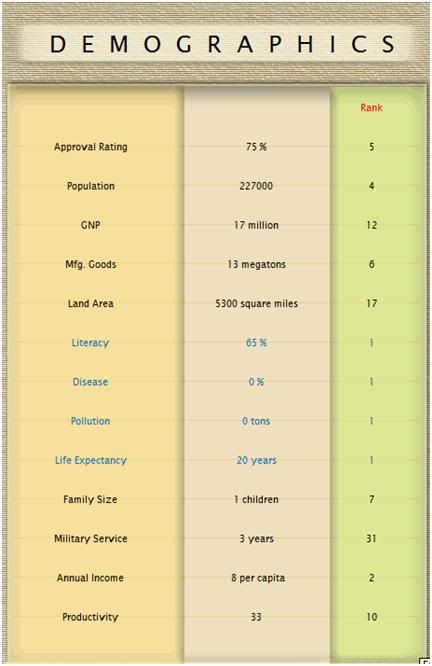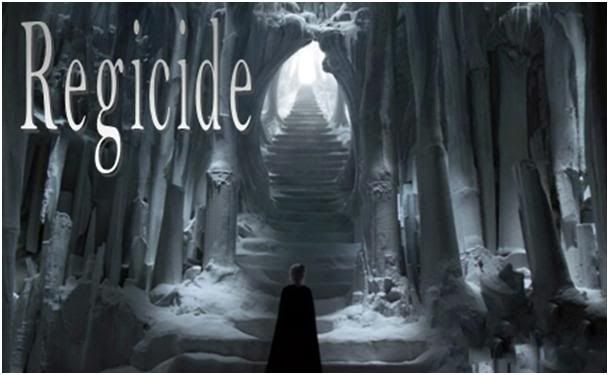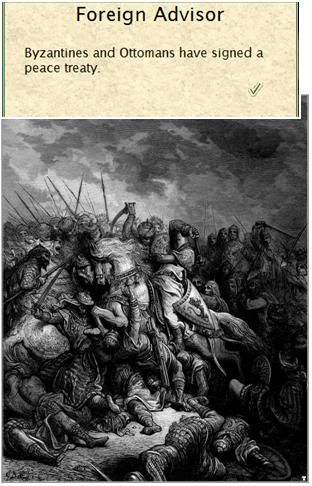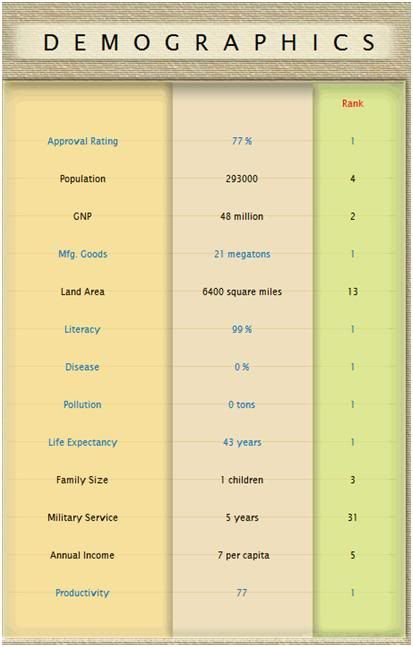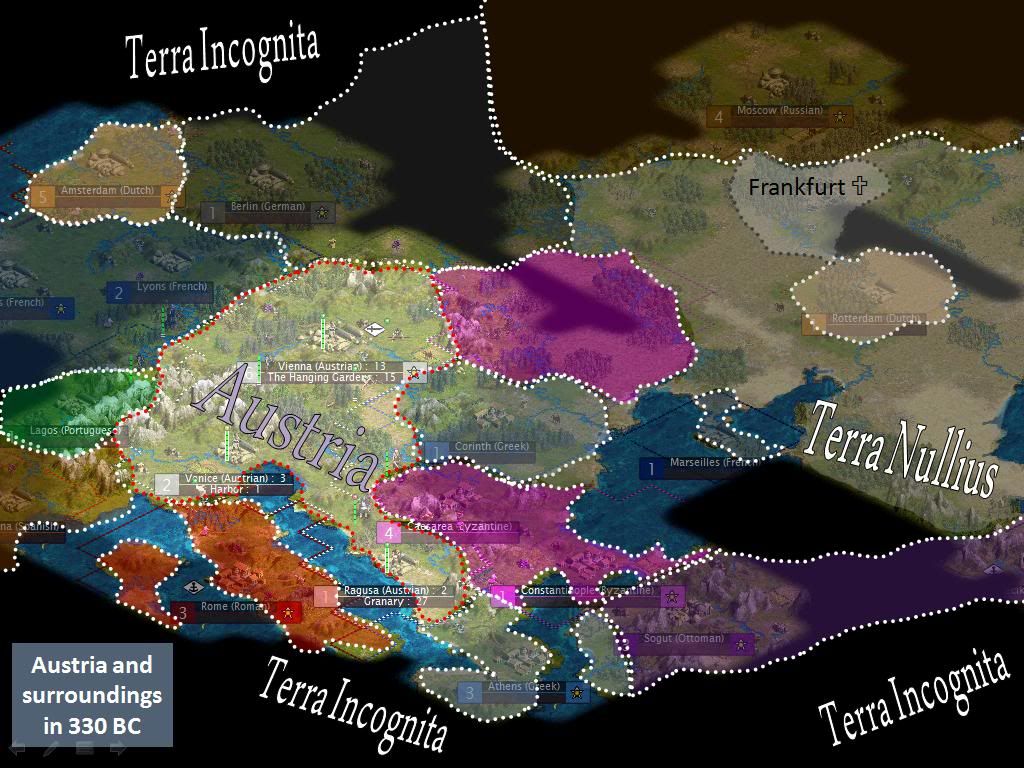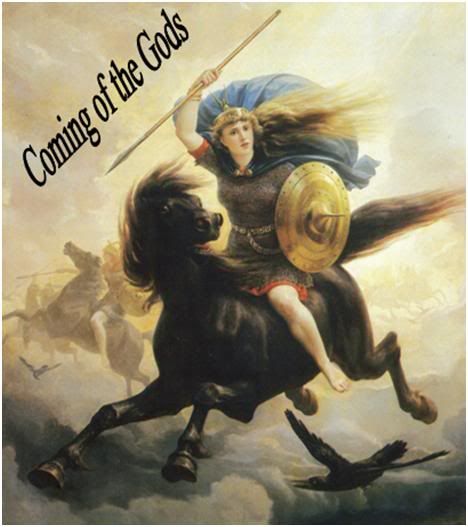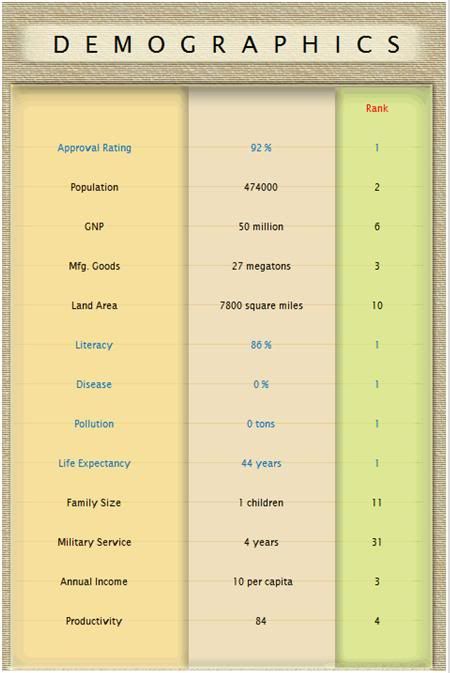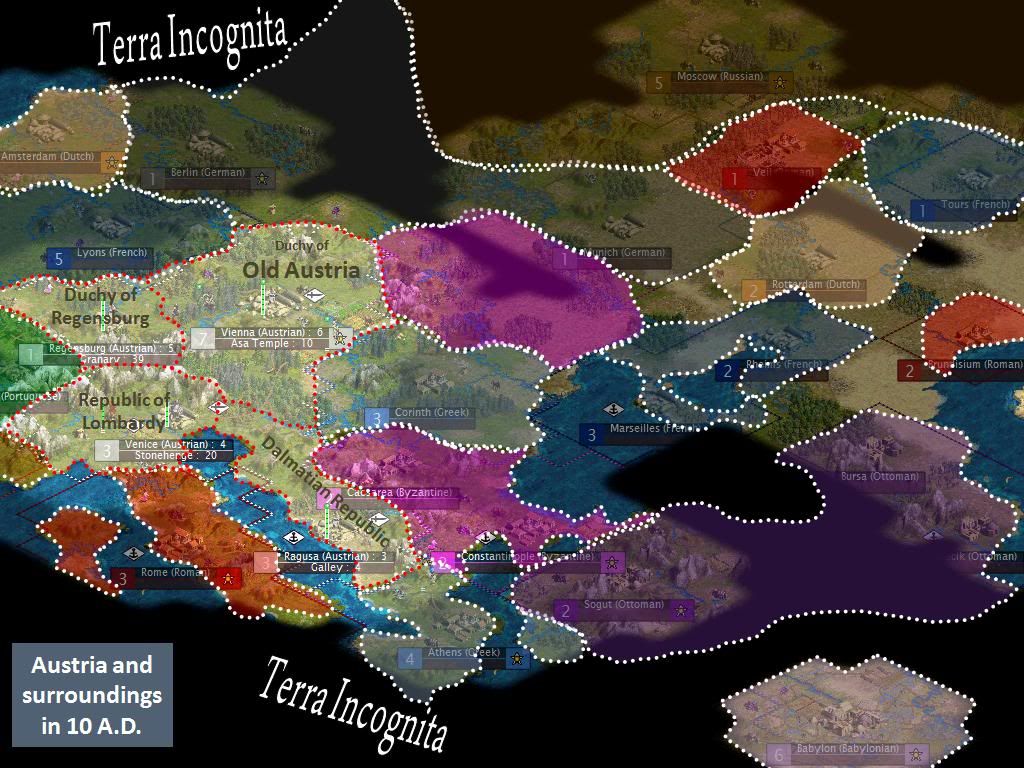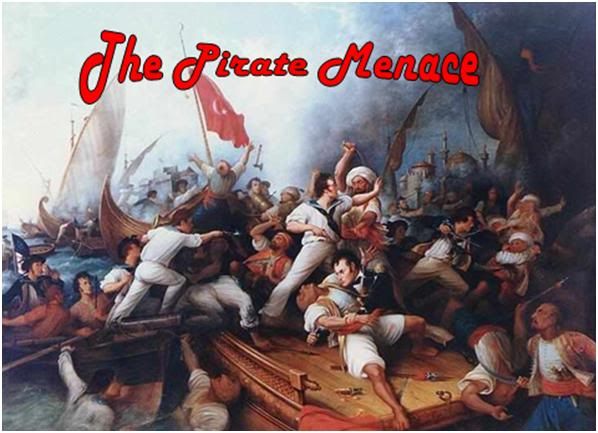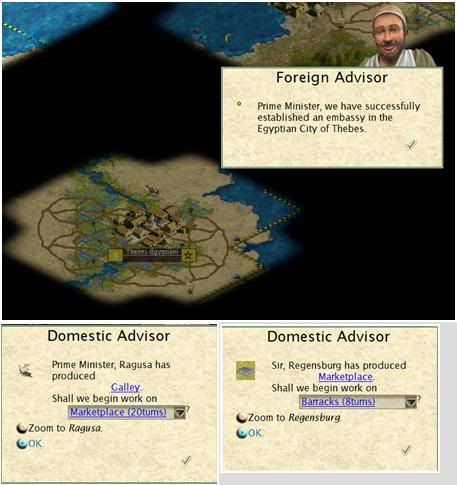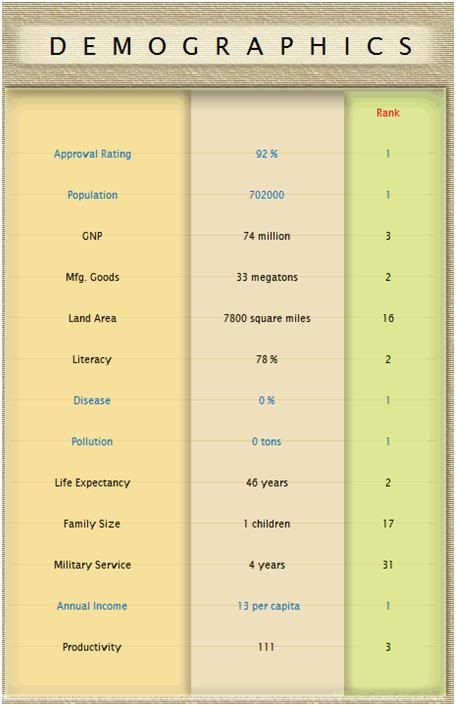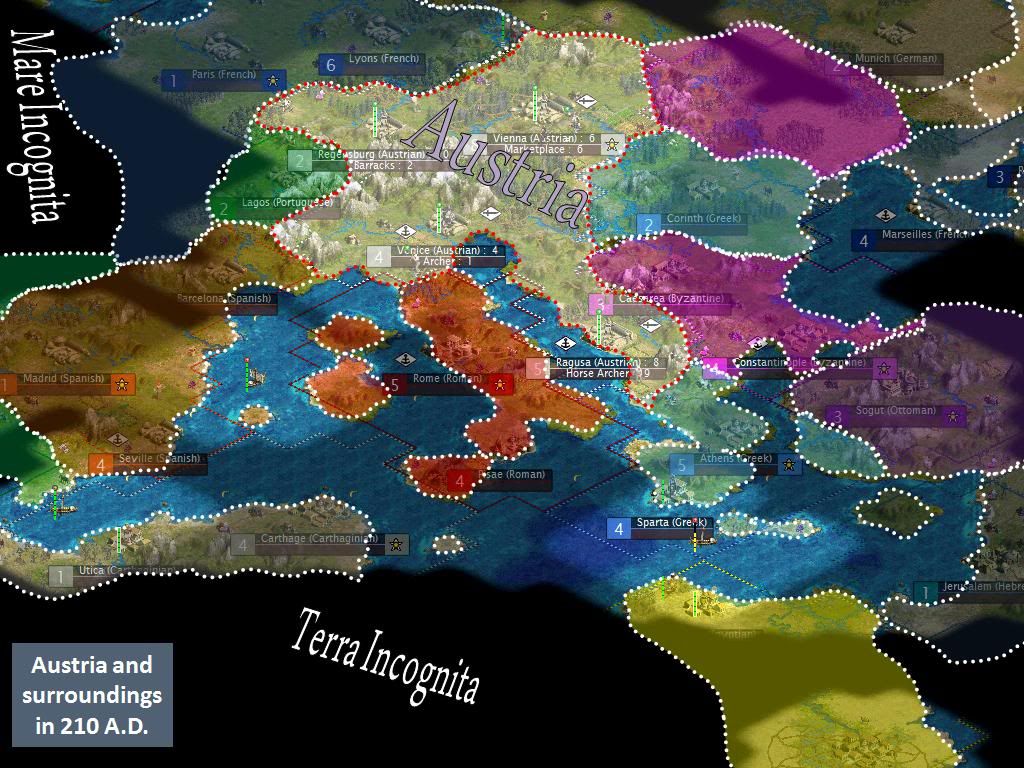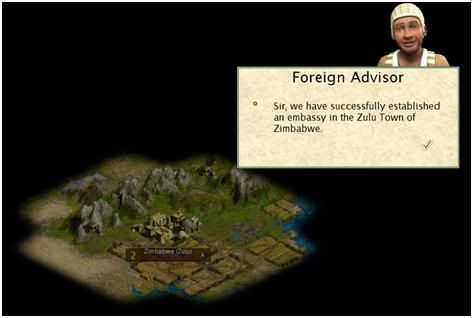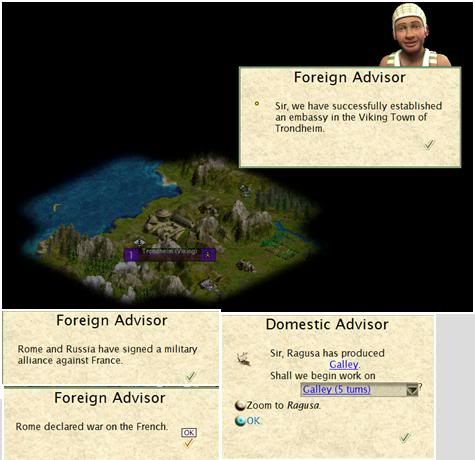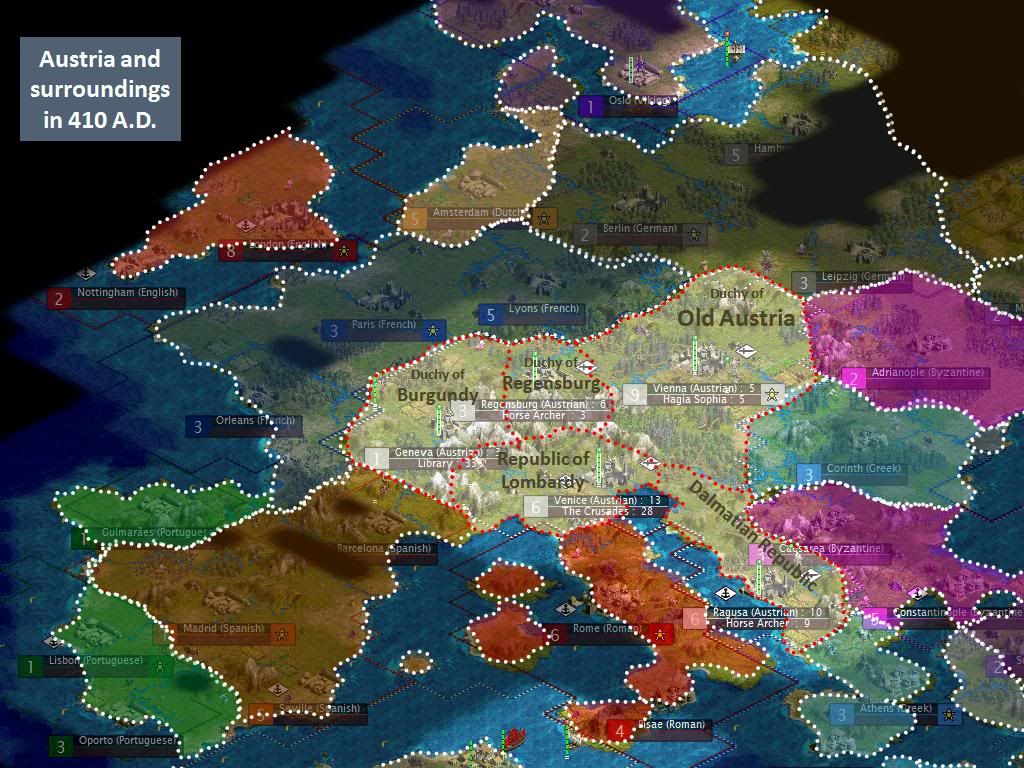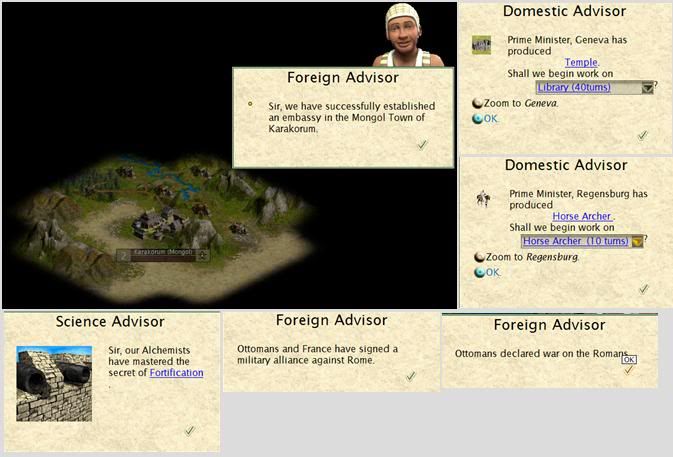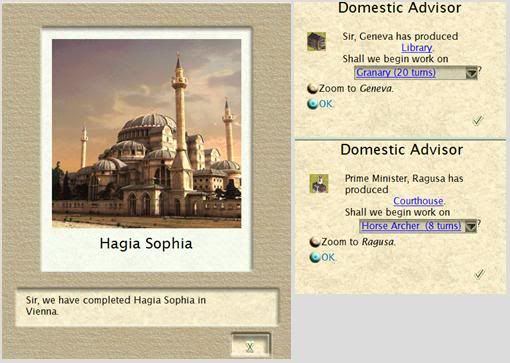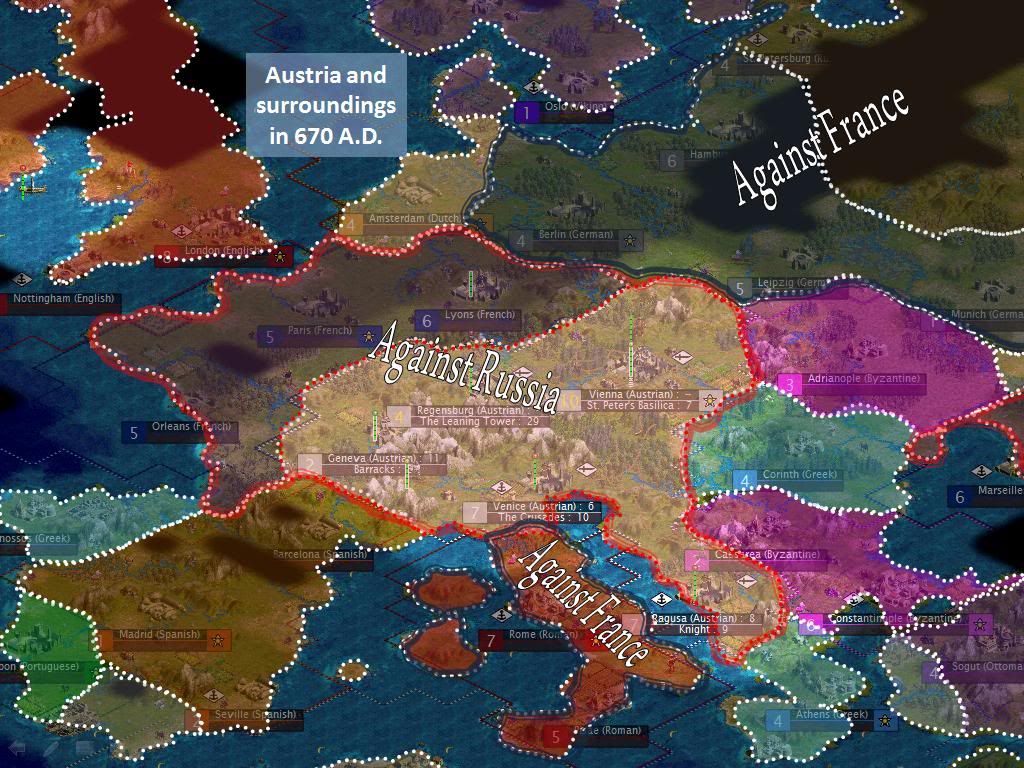King of Anshan
aprrentice Worlddominator
Il Principe de Vienna
Rhyes of Civilization Expanded v1.23
-with culture intact after conquest-
Victory through:
World domination (66%, 10%)
Culture (20 000, 50 000)
Diplomacy
Difficulty: Deity
Civ: Austria
In my previous stories it always turned out into a conquer the world and kill everyone-story. This time I am going to try something else. Instead of simply taking over the world by force I am going to try to own the world by a combination of an overdeveloped cultural, commercial and scientific might (like Machiavelli). Or at least that is the attempt .
Austria is chosen because Vienna is a pproductive powerhouse that lies in the centre of Europe and because I like the color.
Chapter 1
Chapter 1 : the Mediterranean connection
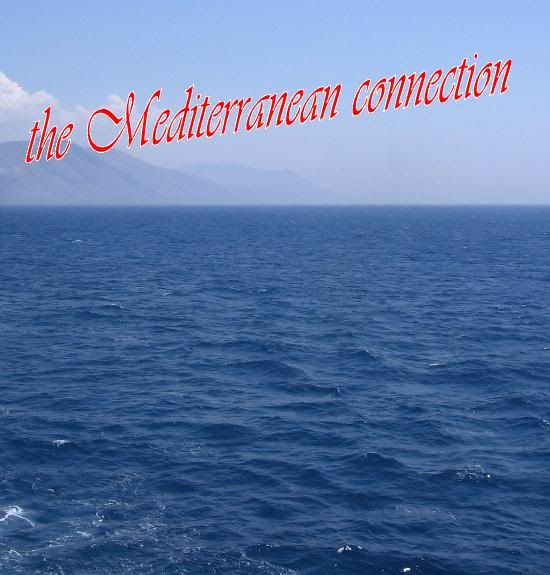
For thousands of years men had lived as hunter-gathers in the vast expanse of Eurafrasia, and as it turned out, the Americas. But on a time, long, long ago, that changed. Men found out that instead of chasing the food and picking it was far safer and eventually more profitable to produce it themselves. The hunter gatherers became farmers living all their lives on the same place. Over time the lonely farms clustered into villages and the villages clustered into cities. This development happened on many spaces simultaneously. One of those places was Vienna, Urheimat of the Austrian people and this is their story:
Chief Charles watched the last of his tribe cross the great river. He had led them from the dusty, infertile, but safe, hills to the vast grasslands in the river basin. Charles had send out scouts to find a place more suited for agriculture but also one to defend easily. They had comeback to tell about place protect by rivers in the North and East and by hills in the South and West. Above that lush farmland lay just across the river, a fresh source of water. Charles saw that what they had told him was neither a lie nor an exaggeration. This truly seemed to be an excellent place to settle. In the coming years the settlement was slowly shaped into a tiny city. The city was called Vienna, after much debate among the elders.
 Vienna was settled in 4000 BC on the southern bank of the river Danube. The surroundings were quickly brought under Austrian control in the following years. For many centuries the Austrian chieftains and their nobles did nothing more than parasite upon the farmers but by 3750 BC some young nobles formed a warrior band. They went south to explore the lands and the people living in the rest of the world.
Vienna was settled in 4000 BC on the southern bank of the river Danube. The surroundings were quickly brought under Austrian control in the following years. For many centuries the Austrian chieftains and their nobles did nothing more than parasite upon the farmers but by 3750 BC some young nobles formed a warrior band. They went south to explore the lands and the people living in the rest of the world.
 In 3600 BC that warrior band stumbled upon a great water. Greater even than the great Danube river from home. After much debate the wet expanse was called a sea and this sea was called the Adriatic, after commander Adrianus of the band. The band now started to bear the name Adrianus explorers. Some fifty years later a scouting party visited the hillsides north of Vienna. After they were invited in the Chiefs hall they told them about their own city. It was called Paris and lay far to the West, close to a massive sea the French, their people, called the Atlantic Ocean. When the chief saw they had some peculiar clay pots he asked them if they could learn his people to make those too. The French refused, almost insulted. They said that everything had its price. A lesson the rulers of Austria would remember.
In 3600 BC that warrior band stumbled upon a great water. Greater even than the great Danube river from home. After much debate the wet expanse was called a sea and this sea was called the Adriatic, after commander Adrianus of the band. The band now started to bear the name Adrianus explorers. Some fifty years later a scouting party visited the hillsides north of Vienna. After they were invited in the Chiefs hall they told them about their own city. It was called Paris and lay far to the West, close to a massive sea the French, their people, called the Atlantic Ocean. When the chief saw they had some peculiar clay pots he asked them if they could learn his people to make those too. The French refused, almost insulted. They said that everything had its price. A lesson the rulers of Austria would remember.
By 3500 B.C. a second exploration party left Vienna, led by the noble Rhino. They went north and west to follow the river their and to see the ocean with their own eyes. Fifty years later Adrianus made contact with another tribe called the Romans. They were considered weak and womanish because they wore dresses. As their king made clear it were not dresses, but togas. Another fifty years later another womanish tribe wearing dresses, sorry togas, was met. They were distant relatives of the Romans and were called the Byzantines. The Byzantines were capable of making bricks and building nice stone houses with it as well as having mysticism, yet not such a simple thing as a wheel Around 3350 BC Rhinos came into contact with the long lost cousins of the Austrians the Germans. They had settled on the banks of a small river in a town they called Berlin. Another fifty years late the Greeks were met. Despite of their dresses they possessed much knowledge. The Austrians sold them the secret of the Wheel in exchange for the magic of pottery. The Austrians then sold that magic, that turned out to be a very simple trick, to the Romans and Germans for in total 48 pieces of gold. With that gold and knowledge of the wheel the mysticism idea was bought from the Byzantines. Now the Austrians were only a little less advanced than the Greeks and Byzantines.
In 3250 BC some people relative to the Germans, and thus to the Austrians were met living in the village of Amsterdam on the shores of the Great Sea. They were sold mysticism in exchange for 44 pieces of gold. Another fifty years later Rhinos band reached the Great Sea. In that sea lay a landmass and on that landmass there also learned people. After some swimming to and from the wheel was sold for 30 pieces of gold to the islanders, called the English.
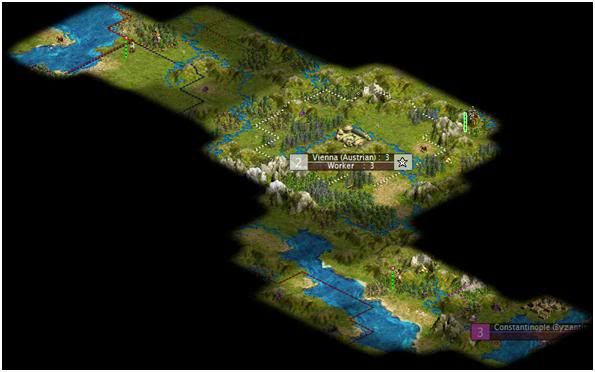 In 3000 BC a Britton named Edward Gibbon wrote a history book of the world, despite the fact that writing was not invented yet, and listed Austria as the wealthiest of nations. The King of Austria, as the chieftains now styled themselves, were very flattered with it.
In 3000 BC a Britton named Edward Gibbon wrote a history book of the world, despite the fact that writing was not invented yet, and listed Austria as the wealthiest of nations. The King of Austria, as the chieftains now styled themselves, were very flattered with it.
 Hundred years later Illyrian bandits ambushed Adrianus . Despite the fact that they were with twice as many and had half of them equipped with an unknown weapon that throw sticks at people they were crushed with little Austrian losses. In 2650 BC Adrianus party met with some local Kazaks living in northern Italy. The friendly Kazaks showed them how their refion looked like. As soon as the king, king Venetus, saw these maps he had a vision of greatness: Along that river in Northern Italy a city should be founded, like Vienna, it would one day be a great center of trade and commerce. Unluckily the Romans lived there close by. To counter that the king send another band of warriors to Italy, to deny the Romans passage north until the city was found. The king saw a vision of a Mediterranean connection.
Hundred years later Illyrian bandits ambushed Adrianus . Despite the fact that they were with twice as many and had half of them equipped with an unknown weapon that throw sticks at people they were crushed with little Austrian losses. In 2650 BC Adrianus party met with some local Kazaks living in northern Italy. The friendly Kazaks showed them how their refion looked like. As soon as the king, king Venetus, saw these maps he had a vision of greatness: Along that river in Northern Italy a city should be founded, like Vienna, it would one day be a great center of trade and commerce. Unluckily the Romans lived there close by. To counter that the king send another band of warriors to Italy, to deny the Romans passage north until the city was found. The king saw a vision of a Mediterranean connection.
 In 2150 BC the Austrians invented a system of writing, now they could begin work on a literary tradition. When the Austrians sold this secret to the others they were shocked. Not because of the massive amount of cash they got in return, nor for the warrior-code or masonry secrets, but for the Dutch. The Dutch showed they were merciless merchants, selling even their own brethren into slavery for some knowledge. This way two bands of Dutch slaves came into the Austrian land. They were sent north to work in a vineyard.
In 2150 BC the Austrians invented a system of writing, now they could begin work on a literary tradition. When the Austrians sold this secret to the others they were shocked. Not because of the massive amount of cash they got in return, nor for the warrior-code or masonry secrets, but for the Dutch. The Dutch showed they were merciless merchants, selling even their own brethren into slavery for some knowledge. This way two bands of Dutch slaves came into the Austrian land. They were sent north to work in a vineyard.
 In 2000 BC another book was published, this time there was a list about the eight most powerful nation in it. From the nations the Austrians knew of only England and France were listed, they were positioned not in the top three, making the king happy that at least they were not that powerful.
In 2000 BC another book was published, this time there was a list about the eight most powerful nation in it. From the nations the Austrians knew of only England and France were listed, they were positioned not in the top three, making the king happy that at least they were not that powerful.
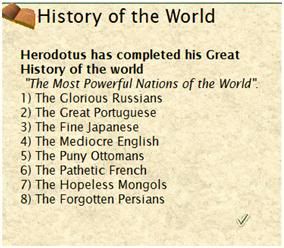 Around 1850 BC horses were brought from the Hungarian plains into Vienna, allowing the Austrian people to ride chariots, if they would want too. Fifty years later a settler party left Vienna to fulfill king Venetus dream of a Mediterranean connection.
Around 1850 BC horses were brought from the Hungarian plains into Vienna, allowing the Austrian people to ride chariots, if they would want too. Fifty years later a settler party left Vienna to fulfill king Venetus dream of a Mediterranean connection.
 Only by 1675 BC did these settlers reach their position and did they found the envisioned city, they called it Venice after the mythical king Venetus. Now Austria had a Mediterranean connection.
Only by 1675 BC did these settlers reach their position and did they found the envisioned city, they called it Venice after the mythical king Venetus. Now Austria had a Mediterranean connection.

Rhyes of Civilization Expanded v1.23
-with culture intact after conquest-
Victory through:
World domination (66%, 10%)
Culture (20 000, 50 000)
Diplomacy
Difficulty: Deity
Civ: Austria
In my previous stories it always turned out into a conquer the world and kill everyone-story. This time I am going to try something else. Instead of simply taking over the world by force I am going to try to own the world by a combination of an overdeveloped cultural, commercial and scientific might (like Machiavelli). Or at least that is the attempt .
Austria is chosen because Vienna is a pproductive powerhouse that lies in the centre of Europe and because I like the color.
Chapter 1
Spoiler :
Chapter 1 : the Mediterranean connection

For thousands of years men had lived as hunter-gathers in the vast expanse of Eurafrasia, and as it turned out, the Americas. But on a time, long, long ago, that changed. Men found out that instead of chasing the food and picking it was far safer and eventually more profitable to produce it themselves. The hunter gatherers became farmers living all their lives on the same place. Over time the lonely farms clustered into villages and the villages clustered into cities. This development happened on many spaces simultaneously. One of those places was Vienna, Urheimat of the Austrian people and this is their story:
Chief Charles watched the last of his tribe cross the great river. He had led them from the dusty, infertile, but safe, hills to the vast grasslands in the river basin. Charles had send out scouts to find a place more suited for agriculture but also one to defend easily. They had comeback to tell about place protect by rivers in the North and East and by hills in the South and West. Above that lush farmland lay just across the river, a fresh source of water. Charles saw that what they had told him was neither a lie nor an exaggeration. This truly seemed to be an excellent place to settle. In the coming years the settlement was slowly shaped into a tiny city. The city was called Vienna, after much debate among the elders.


By 3500 B.C. a second exploration party left Vienna, led by the noble Rhino. They went north and west to follow the river their and to see the ocean with their own eyes. Fifty years later Adrianus made contact with another tribe called the Romans. They were considered weak and womanish because they wore dresses. As their king made clear it were not dresses, but togas. Another fifty years later another womanish tribe wearing dresses, sorry togas, was met. They were distant relatives of the Romans and were called the Byzantines. The Byzantines were capable of making bricks and building nice stone houses with it as well as having mysticism, yet not such a simple thing as a wheel Around 3350 BC Rhinos came into contact with the long lost cousins of the Austrians the Germans. They had settled on the banks of a small river in a town they called Berlin. Another fifty years late the Greeks were met. Despite of their dresses they possessed much knowledge. The Austrians sold them the secret of the Wheel in exchange for the magic of pottery. The Austrians then sold that magic, that turned out to be a very simple trick, to the Romans and Germans for in total 48 pieces of gold. With that gold and knowledge of the wheel the mysticism idea was bought from the Byzantines. Now the Austrians were only a little less advanced than the Greeks and Byzantines.
In 3250 BC some people relative to the Germans, and thus to the Austrians were met living in the village of Amsterdam on the shores of the Great Sea. They were sold mysticism in exchange for 44 pieces of gold. Another fifty years later Rhinos band reached the Great Sea. In that sea lay a landmass and on that landmass there also learned people. After some swimming to and from the wheel was sold for 30 pieces of gold to the islanders, called the English.








 unheard of.
unheard of.





